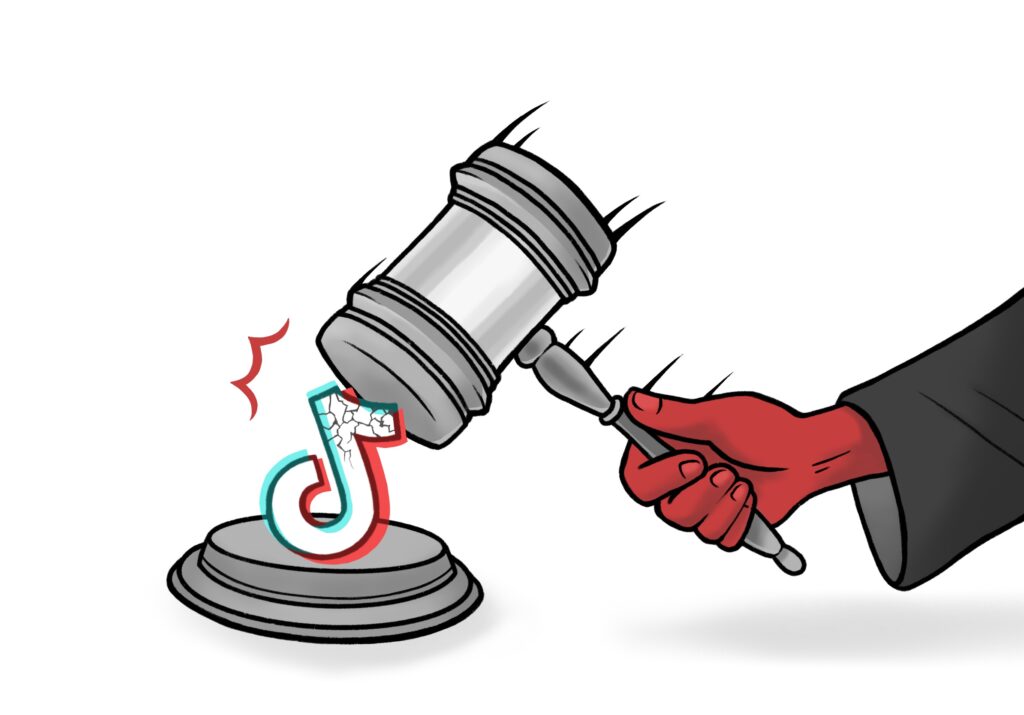Does Canada risk losing a vital platform for citizen journalism?

Earlier this year, nearly all of Gen Z held its breath, waiting to see if TikTok would shut down in the United States. Digital creators said their tearful goodbyes, hit one last dance move, and scrambled to promote their other platforms. But just hours after the app went dark, it was up and running again, complete with a cryptic welcome back message from CEO Shou Zi thanking newly elected President Donald Trump for its revival.
Canadians watched from the sidelines, but we shouldn’t get too smug—at least not yet. Like our southern neighbour, much of our news is consumed through social media. With Meta limiting access to news on its platforms following the introduction of Bill C-18, our options for reach are narrowing fast.
Now, TikTok remains under scrutiny in Canada, and a potential ban could cost news media one of their last platforms where they can reach wide audiences in accessible formats. Canada’s intelligence community considers TikTok a national security risk due to its ties to parent company ByteDance, which is subject to Chinese government influence. Critics have raised concerns about surveillance, though TikTok denies any wrongdoing. In February 2023, Canada’s federal government banned the app on government-issued devices. By November 2024, Canada ordered TikTok to close its offices in Vancouver, British Columbia, and Toronto, Ontario. “I don’t understand how making the firm less accountable to Canadian citizens helps make them any safer,” says Brett Caraway, associate professor of media economics at the University of Toronto.
Despite Meta’s ongoing news blackout, most major Canadian news organizations remain active on TikTok. Caraway says media companies depend on social media platforms to drive web traffic through link sharing. “If you were to shutter all of the social media platforms in Canada,” he says, “I’m not confident that the results would be fantastic for the news organizations.”
Canadians enjoyed some relative calm on the app without the usual flood of American content for a few hours when the app was banned in the U.S. But many were likely unaware that TikTok may yet experience a similar fate in Canada. Mounting regulatory pressures have been taken against the platform’s operations.
A ban wouldn’t just impact influencers—in an increasingly restricted digital landscape, it would deal yet another blow to Canadians’ access to journalism. The threat at home should be taken seriously.
About the author
Rougine is completing her final year of TMU’s Bachelor of Journalism program and pursuing a minor in Philosophy. She has written for BeatRoute Magazine and is interested in music, culture, and daily happenings. Outside of reporting, Rougine can be found watching movies, spending time with family and her dog, and always looking for her next travel destination.

